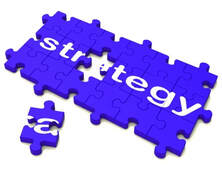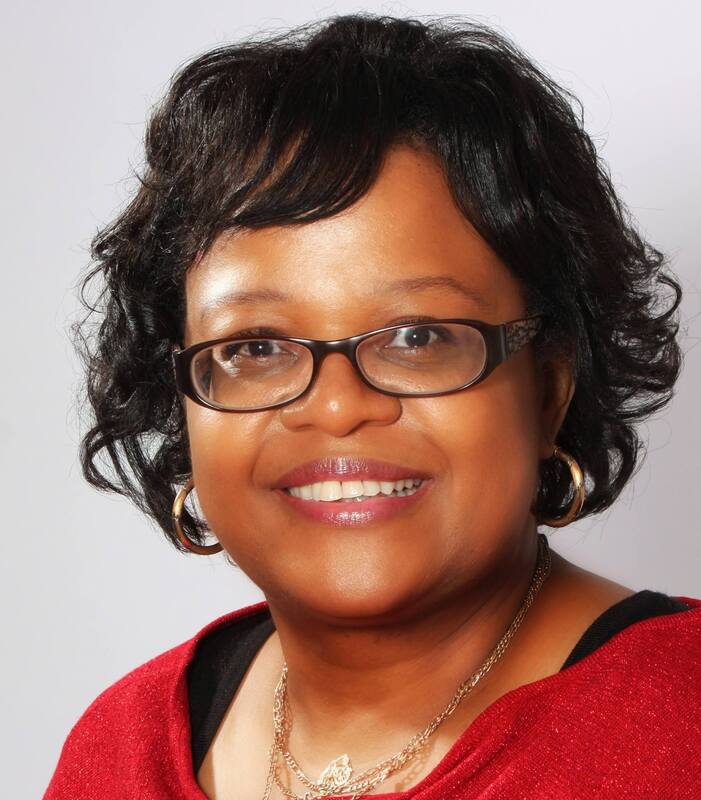 Image courtesy of Stuart Miles at FreeDigitalPhotos.net
Image courtesy of Stuart Miles at FreeDigitalPhotos.net Many candidates make the mistake of describing past or current job duties without validating claims of experience with quantified examples. Many employers use the behavioral interview method to explore real examples of how well you perform in your area of expertise. The behavioral interview method is applied because research studies suggest past behavior predicts future behavior and success on the job. Therefore, the successful candidate will creates informative PAR success story examples that validate how they've previously performed a specific task.
Craft your response using the following formula:
P stands for the problem with which you were faced as well as the inherent challenges,
A stands for the action you took to solve the problem, and
R stands for the result you yielded.
This approach applies regardless of the question you are posed. Naturally, this approach applies when responding to behavioral questions that present themselves something like "Tell me about a time when...", but when you are asked a question as general as "Tell me about yourself" or "What are your strengths/weaknesses", you still should respond with the employer requirements and job duties in mind (see the attachment entitled "Professional Value Proposition" ). For instance, when responding with your strengths, emphasize those that are aligned with the employer need OR when sharing a weakness be sure to identify something not relevant to the position and while doing so talk through how you have adapted to improve in this area.
Remember, every interview response should directly or indirectly emphasize your ability to quickly hit the ground running by offering examples of how you've successfully performed the work in the past. If you reserve time to write and rehearse your answers, your interview responses will be strategically tailored to the core areas of the role.
For more support in preparing for an upcoming interview or performance review, please schedule a complementary discovery session with one of our certified career development practitioners or transition specialists. You may also visit the Help Center, call 866.827.7302, email us, or use the "Feedback & Support" link located on bottom right side of the page. We also invite you to continue the conversation by sharing your suggestions for advancing in the selection process by adding a comment below.



 RSS Feed
RSS Feed

